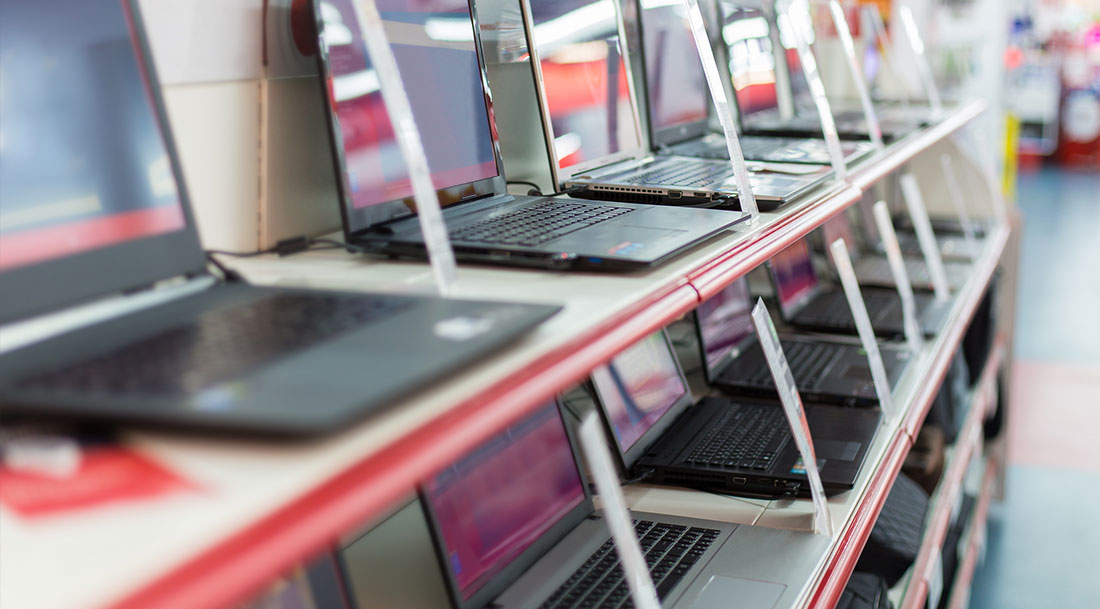What Should You Look for in a New Computer?
As we enter the fourth quarter, many businesses are hoping to make investments in technology to take advantage of end of the year sales and squeeze purchases into 2019 budgets. But before you buy a new computer, take the time to determine exactly what you need.
While determining your needs is a critical task on a personal level, it’s even more so in a business setting. That’s because equipment decisions can be magnified by the fact that companies often are purchasing more than one device at a time – so the impact of a decision can be felt across an entire department or even a company.
So, what should you think about before purchasing? Here’s a list of some top considerations:
First, consider your budget. It sounds like a no-brainer, but sometimes companies focus solely on hardware price and forget to consider all the costs involved in purchasing a new computer. These range from new software programs to extended warranties and possibly new peripheral devices if old keyboards, mice, printers and more are not compatible with the new hardware.

Deciding between a desktop and a laptop or a tablet depends on how and where your employees will be using the device and whether or not they need to take it in the field with them.
Then, you’ll need to decide on an operating system. These days, you have 4 basic choices: Windows, Mac, Chrome or Linux. Which one is best for you depends entirely on what your employees are doing and which plays nicely with all your other business tech. Windows is probably the most popular operating system worldwide, because it’s inexpensive, universal and runs most programs. It also has two versions – Pro and Home – with Pro offering more functionality for a business setting. Mac is still the system of choice for artists, designers and anyone whose work is heavy on graphics. These systems cost more but also tend to stand the test of time better. Google’s Chrome OS is a modified version of Linux. This system doesn’t have as much raw computing power, but is an inexpensive choice for light-duty use. Linux is traditionally used on servers or large mainframes, so it’s not typically used for desktops.
“RAM is your computer’s main memory – what it uses to store data that it actively using. Again, more is better, but how much more depends on what you are doing with it.”
RAM is your computer’s main memory – what it uses to store data that it actively using. Again, more is better, but how much more depends on what you are doing with it. For the best functionality, opt for a system with at least 8MB if not 16MB of RAM. For general use, 32 MB will be more than enough for most, while heavy duty users might opt for 64MB. One caveat – if you plan on keeping your equipment for a long time, improvements in technology generally make your memory requirements escalate, so more is definitely better.
While it doesn’t apply to a desktop, laptops live and breathe on batteries. Make certain that your battery life is at least 7 hours if you want your employees to be able to function away from the office without desperately seeking a charge in every coffee shop they pass.

When choosing RAM, it’s often a good idea to go with a device whose RAM can be upgraded in the future. This way, you can get what you need now, and have room to add to it if your computing or software needs change later on. If you need any help choosing a new computer, give us a call at (810) 695-9869. – Vinnie Sanchez, PCS Computer Technician
Finally, consider where you are making your purchase from. Whether you shop directly through a manufacturer, from a big box discounter or office retailer, or an online source depends on your comfort level, your company’s purchasing requirements and many other intangible factors. Carefully weigh the options to see which makes the most sense for you.
